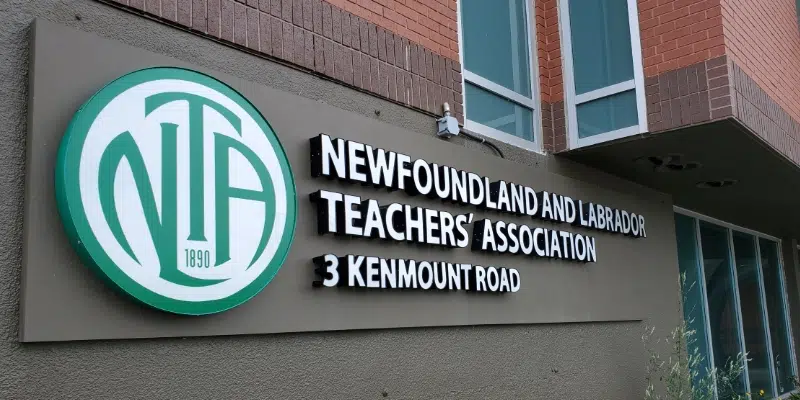In the windswept classrooms of Newfoundland and Labrador, a silent crisis is unfolding that threatens the educational foundation of thousands of students. The province’s critical shortage of speech-language pathologists has reached alarming levels in 2025, creating a domino effect that education experts warn could have lasting consequences for an entire generation of learners.
“We’re seeing students fall through the cracks in real-time,” explains Tina Reynolds, president of the Newfoundland and Labrador Teachers’ Association (NLTA). “When children with speech and language difficulties don’t receive early intervention, they often struggle with reading, writing, and social communication – skills that are fundamental to their entire educational journey.”
The statistics paint a troubling picture. Currently, the province employs just 42 speech-language pathologists to serve approximately 63,000 students across 258 schools. Industry standards recommend one pathologist for every 1,250 students, leaving Newfoundland at less than half the recommended staffing level. The shortage has created waiting lists extending beyond 18 months in some districts, meaning students identified in kindergarten might not receive assessment until grade two.
According to documents obtained through freedom of information requests, the Department of Education has been aware of this growing crisis since 2022 but has failed to implement effective recruitment and retention strategies. The province’s geographical isolation and lower compensation compared to other Canadian jurisdictions have exacerbated the problem.
Dr. Marcus Jennings, Director of Speech Pathology at Memorial University, points to systemic issues behind the shortage. “We’re graduating qualified professionals every year, but we’re losing them to other provinces and private practice,” he notes. “The government needs to recognize that speech-language pathologists aren’t luxury staff – they’re essential educational professionals who prevent costly interventions down the road.”
The financial mathematics are compelling. Research published in the Canadian Journal of Education indicates that every dollar invested in early speech intervention saves approximately seven dollars in special education costs later. Without appropriate speech-language support, students are 4-5 times more likely to require intensive reading remediation by grade three.
Parents across the province have begun organizing advocacy groups in response to the crisis. Sarah MacIntosh, mother of eight-year-old Noah who has been waiting 14 months for an assessment, describes the frustration: “It’s heartbreaking watching your child struggle to communicate while knowing help exists – it’s just not accessible. We’ve considered moving to another province, but that shouldn’t be necessary to access basic educational services.”
The NLTA has proposed several solutions, including establishing a dedicated recruitment fund, offering student loan forgiveness for new graduates who commit to working in the province for five years, and developing a specialized telepractice program to serve remote communities. So far, these proposals have received acknowledgment but no firm commitments from provincial officials.
Meanwhile, teachers are attempting to fill the gap despite lacking specialized training. “We’re doing our best, but we’re not speech pathologists,” says grade two teacher Michael Donovan. “I have students who clearly need specialized support, but I can only do so much without proper assessment and guidance.”
The implications extend far beyond academic achievement. Communication difficulties left unaddressed often lead to behavioral problems, decreased self-confidence, and social isolation. The Canadian Pediatric Society has identified early speech intervention as a critical component of mental health prevention strategies.
As Newfoundland and Labrador prepares for the upcoming school year, education advocates are demanding immediate action before more students lose valuable developmental opportunities. Without intervention, experts predict widening achievement gaps, particularly among vulnerable populations already facing educational challenges.
As we consider the future of Newfoundland’s education system, the question remains: can we afford to continue treating speech-language services as an educational luxury rather than recognizing them as the foundation upon which academic success is built?











